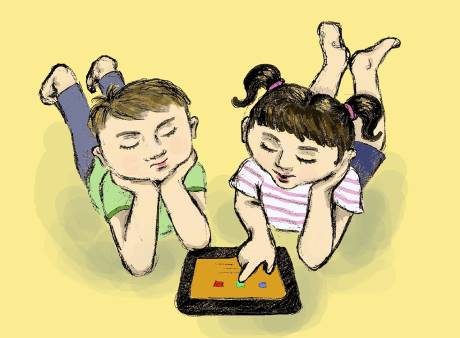
June 7 20020: Following the introduction of restrictions around the world due to the coronavirus threat, people’s usual online behavior has changed, not only among adults, but also among children. According to a new Kaspersky study, kids have paid less attention to computer games in recent months, especially when compared to the period before the pandemic began.
The worldwide COVID-19 pandemic has forced children to continue their education from home, which is mainly done by attending lessons online. Many parents are also working from home, and currently spend more time with their families during the lockdown. While being locked in together nearly all of the time could obviously become a challenge for both children and adults, it is vital that parents understand what their youngsters are up to, and use this period as an opportunity to become more closely connected as a family.
Luckily, there is at least one less activity for parents to worry about: children have become less interested in games on personal computers during the lockdown. From March to May 2020, interest in this category consistently decreased in comparison with the first two months of the year.
The decrease in children's interest in games is only relevant for Windows, as children are still more likely to play computer games on Windows PCs than on Macs. This is probably because most computer games are released specifically for Windows: for example, on popular online games stores, such as Steam, there are significantly fewer games available for macOS.
Children in Belarus (50.59 percent), Japan (49.67 percent), Saudi Arabia (49.54 percent) and India (47.66 percent) favoured websites that offered video and music over the past year. YouTube was the most popular video streaming service with kids anywhere in the world.
Says Anna Larkina, web content analysis expert at Kaspersky:“Declining interest in games on personal computers can be explained by the increased need of having to use them for other activities. For instance, the educational process is easier to participate in on PCs than on mobile devices. We can see that even though children spend a significant part of their time at home, they use computers wisely and don’t feel the need to dive into video games.”